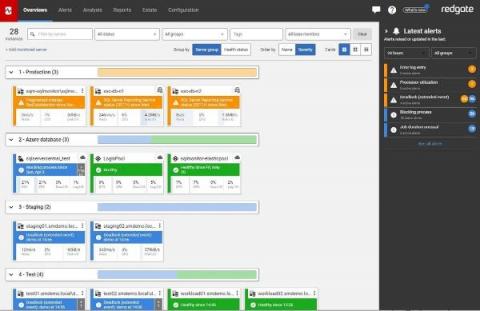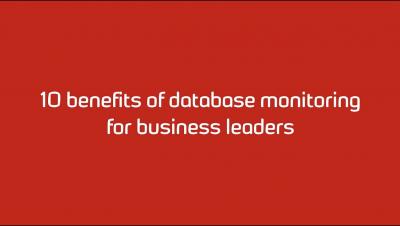Gaining a competitive edge with database monitoring
I was recently joined by Chris Yates, Senior Vice President, Managing Director of Data and Architecture at Republic Bank for our webinar, Gain the competitive edge with a monitoring tool. The session sparked an insightful conversation around estate monitoring from the perspective of a Senior VP, and I wanted to share some of the key take-aways.









